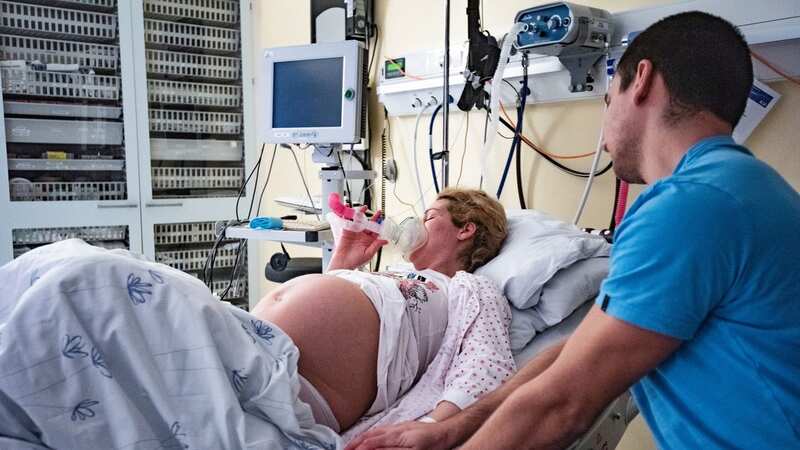Multiple maternity units are failing inspections - check out our interactive map

More than half of maternity units inspected in the last year are failing - see how yours compares with our interactive map.
The Care Quality Commission (CQC), which regulates health and care providers in England, has inspected 89 NHS maternity units so far in 2023. Of those, 32 have been given a rating of “requires improvement”, while 14 have been deemed “inadequate”, meaning 52% of recently inspected maternity units are considered substandard.
The maternity units that have been rated inadequate are Poole Hospital, The Barkantine Centre in London, The York Hospital, Scarborough Hospital, James Paget Hospital in Norfolk, St George's Hospital (Tooting), Birmingham Heartlands Hospital, St Peter's Hospital in Surrey, East Surrey Hospital, William Harvey Hospital in Kent, Queen Elizabeth The Queen Mother Hospital in Kent, Hull Royal Infirmary, University Hospital North Durham, and Darlington Memorial Hospital.
In comparison, 40 maternity units have been rated as “good”, and just three are considered “outstanding” - West Middlesex University Hospital, St Mary's Hospital, and Queen Charlottes and Chelsea Hospital, all in London. Explore the ratings for all maternity units below:
The CQC began a new maternity inspection programme in August 2022 to help maternity services improve. The programme was launched after the Ockenden review into the Shropshire maternity scandal, which tragically saw 300 babies left dead or brain damaged due to inadequate care.
 Teachers, civil servants and train drivers walk out in biggest strike in decade
Teachers, civil servants and train drivers walk out in biggest strike in decade
So far, 83 NHS acute hospital maternity services have been given a rating under the programme, although several others have been rated during that time as part of the CQC’s regular inspections. The CQC have also recently released their latest “State of care” report, which paints a worrying picture of the state of maternity services across the UK.
The report found continued staffing pressures, ongoing concerns with the quality of care across some services, and continued concerns around inequalities in access and experience when using maternity services. Staff regularly state they are overworked, exhausted and stressed, and cost of living pressures are adding further challenge to the recruitment and retention of staff.
Gill Walton, chief executive of the Royal College of Midwives, said: “This report paints a sadly familiar picture. There are challenges supporting midwifery leaders, poor communication with women and their families and many unfilled vacancies.
“This is on top of long waiting times, anxious patients and demoralised staff. At the heart of the problem are staff shortages and the struggle to recruit and retain staff. This is impacting patient care.
“Despite numerous warnings, and the raft of policy initiatives and programmes in recent years, maternity care ratings are getting worse. This is not a reflection of the people that work in maternity services, far from it. They are dedicated, compassionate and working long hours, including unpaid overtime to support women and their families.
“Instead the findings expose the legacy of a continued lack of investment in maternity services. More must be done urgently to retain staff and train new ones to ease the burden on overworked midwives and maternity support workers.”
In response to the report, Professor Sir Stephen Powis, NHS National Medical Director, said: “While the NHS has made improvements to maternity services over the last decade with fewer stillbirths and neonatal deaths, the NHS is also increasing investment to £186 million annually to grow our maternity workforce, strengthen leadership and improve culture, and working closely with select hospitals to ensure they make the necessary changes following recent maternity reviews, to ensure safer, more personalised and more equitable maternity care.”
Read more similar news:
Comments:
comments powered by Disqus

































